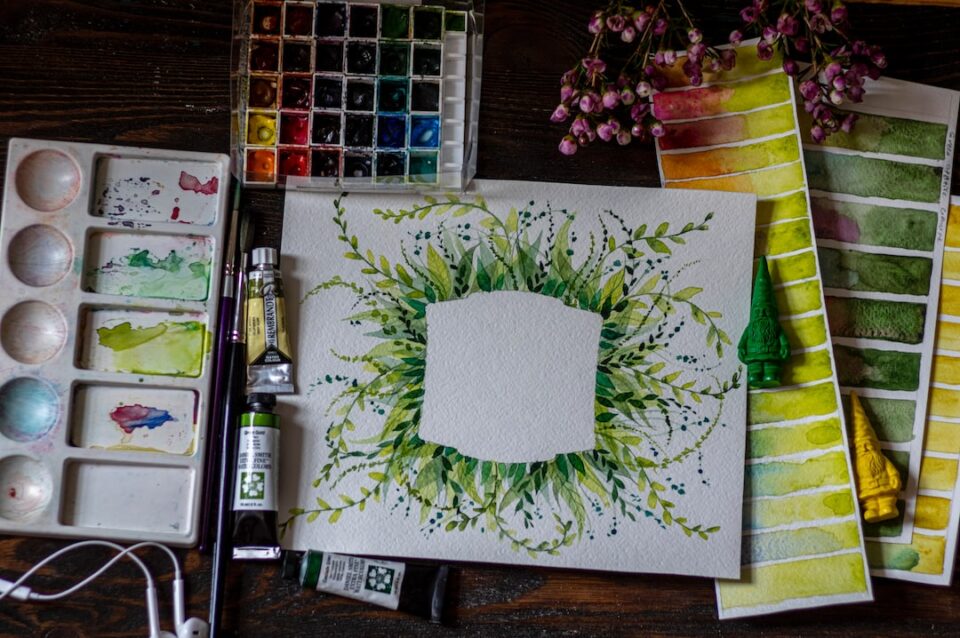The Art of Photography: Capturing Moments and Memories
Photography is an art form that has the power to freeze a moment in time, capturing memories that can be cherished forever. It allows us to tell stories, evoke emotions, and create connections with people and places. In this blog post, we delve into the world of photography and explore the techniques, creativity, and passion required to truly master the art of capturing moments and memories.
At its core, photography is the art of seeing and translating that vision into a frame. It goes beyond simply pointing a camera and clicking a button – it requires a keen eye for composition, an understanding of light and shadow, and an ability to anticipate and capture fleeting moments. A great photograph can speak volumes, conveying a story or emotion in a single frame.
One of the essential elements of photography is composition. The way elements are arranged within the frame can make or break a photograph. The rule of thirds, leading lines, and symmetry are just a few compositional techniques that photographers employ to create visually pleasing images. By consciously considering the placement of the subject, background, and other elements, photographers can guide the viewer’s eye and create a strong sense of balance and harmony.
Lighting is another crucial aspect of photography. Different lighting conditions can dramatically alter the mood and atmosphere of an image. Golden hour, which occurs during sunrise and sunset, bathes the scene in warm, soft light, creating a romantic and dreamy effect. On the other hand, harsh midday light can create strong contrasts and shadows, adding drama and intensity to a photograph. Understanding how different lighting scenarios affect the overall feel of an image allows photographers to manipulate and enhance the storytelling aspect of their work.
Technical skills play a significant role in achieving great photographs. Understanding camera settings such as aperture, shutter speed, and ISO allows photographers to have control over the exposure and depth of field. Experimenting with different settings can yield creative results and bring the artist’s vision to life. Additionally, post-processing techniques provide endless possibilities for refining and enhancing images, allowing photographers to express their unique style and artistic vision.
Yet, beyond technical proficiency, photography is fundamentally about capturing moments and memories. It is about freezing time and preserving fragments of life that would otherwise be lost to the passage of time. Whether it is a candid shot of a child’s laughter, a breathtaking landscape, or a deeply emotional portrait, photographs have the power to transport us back to a specific moment in our lives, evoking nostalgia and emotions.
Photography also allows us to document history and culture. Throughout time, photographers have captured iconic moments that have become etched in our collective memory. From war photojournalism to street photography, these images have shaped our understanding of the world and influenced social and political change. Photography can be a powerful tool for preserving traditions, documenting the human experience, and shining a light on untold stories.
The art of photography also extends beyond capturing moments and memories for personal or historical purposes. It is about self-expression and personal interpretation. Each photographer has a unique style and vision that they bring to their work. Whether it is portraiture, landscapes, still life, or abstract, photographers use their creativity to convey their emotions, ideas, and perspectives. Through their lens, they offer a glimpse into their imagination, giving the viewer a deeper understanding of the artist’s perspective and the essence of the subject.
In conclusion, the art of photography is a beautiful way to capture moments and memories that are precious to us. It requires not only technical skills and knowledge but also a passion for telling stories and evoking emotions. It allows us to freeze time and create connections with the world around us. So next time you reach for your camera or smartphone, remember that you have the power to create something meaningful and everlasting – you have the power to create art.


